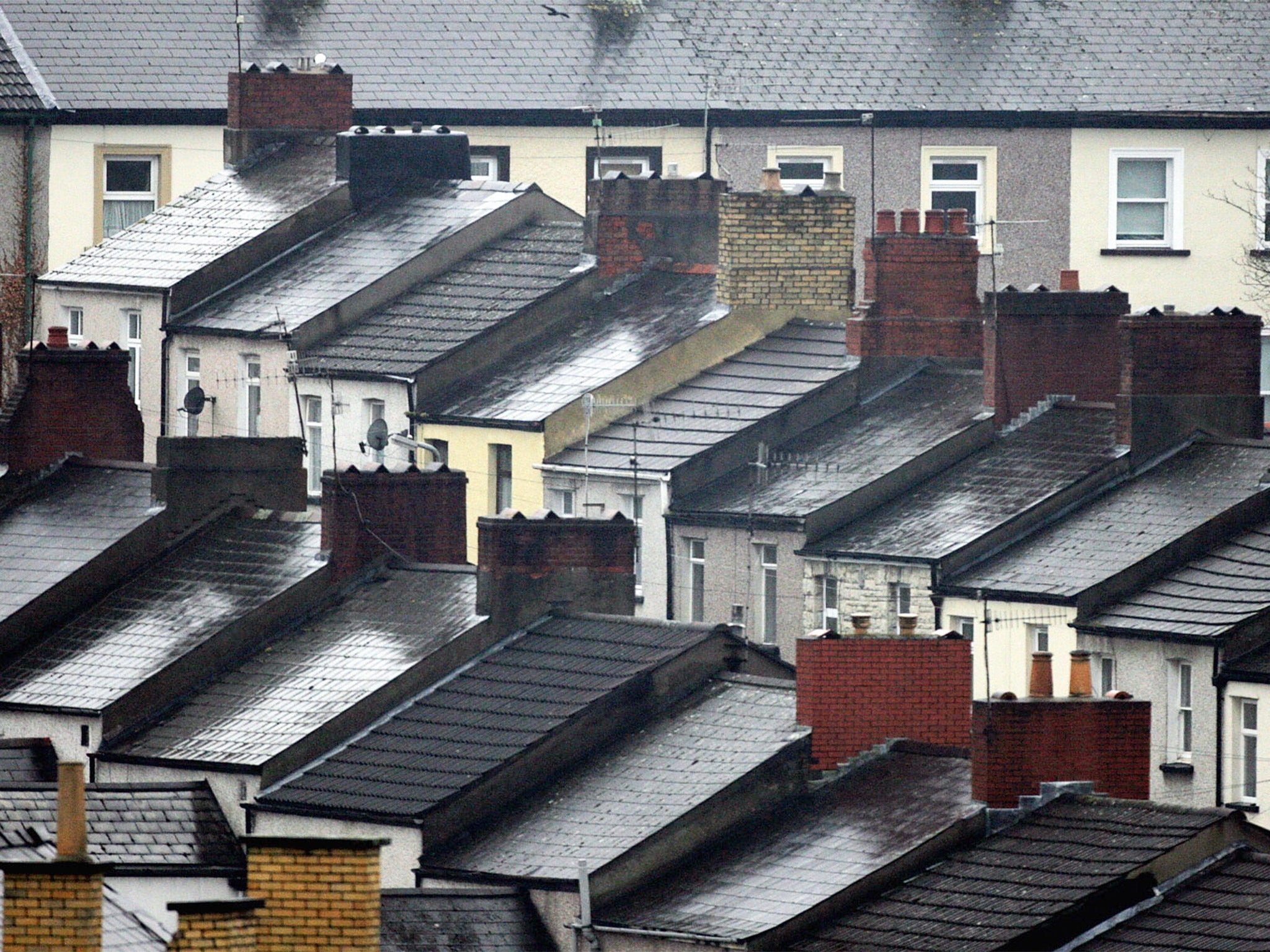Legal aid cuts means free housing advice slashed despite rise in reposessions
One in five law centres has closed due to cuts

Your support helps us to tell the story
From reproductive rights to climate change to Big Tech, The Independent is on the ground when the story is developing. Whether it's investigating the financials of Elon Musk's pro-Trump PAC or producing our latest documentary, 'The A Word', which shines a light on the American women fighting for reproductive rights, we know how important it is to parse out the facts from the messaging.
At such a critical moment in US history, we need reporters on the ground. Your donation allows us to keep sending journalists to speak to both sides of the story.
The Independent is trusted by Americans across the entire political spectrum. And unlike many other quality news outlets, we choose not to lock Americans out of our reporting and analysis with paywalls. We believe quality journalism should be available to everyone, paid for by those who can afford it.
Your support makes all the difference.Legal help for thousands of families facing eviction from their home is being slashed by the Government despite soaring numbers of repossessions, an investigation for The Independent has found.
Research by the Bureau of Investigative Journalism reveals that this year face-to-face advice for families threatened with homelessness will fall by almost 20 per cent because of what the Ministry of Justice describes as “a decrease in client demand”.
But at the same time official Government figures show repossessions have increased by a third in the past five years while the number of successful applications for evictions have risen by nearly 20 per cent. So far this year landlords have made 126,000 applications to evict tenants.
The Government has claimed there is no need to fund the current level of legal support for families facing eviction because last year only 55 per cent of the total allocation was taken up.
But research by the bureau suggests this is because changes to the legal aid system have made it far tougher for families in need to get help – even though it is funded.
There are also now a far a smaller pool of organisations allowed to provide such advice and large parts of the country now have few or no legal aid lawyers dealing with housing issues.
Nationally there were 38 fewer providers of legal aid for housing in June 2014 than there were in April 2013 and eight more have been given notice on their contracts.
This represents a decrease in providers of 7 per cent over 15 months while at least three others have terminated their contract since June.
The Legal Aid Agency divides England and Wales into 134 administration areas. In 23 of these areas there is now just one provider offering housing advice on legal aid, while in Suffolk there is currently no provider.
The Legal Aid Agency insists it “takes prompt action if a gap in service is identified and has a good track record of quickly securing provision”.
But in Suffolk the bureau has discovered that there has not been a single legal aid housing lawyer operating in the county since March. This means people in the region have to travel up to an hour away to towns in Norfolk or Essex.
These figures are backed up by figures from the National Audit Office that found that in 14 local authorities no providers started any face-to-face legal aid-funded work in any area of civil law, including housing, during 2013-14.
Overall of the 63,275 housing cases theoretically funded by the Government last year only 34,817 cases, or 55 per cent of the total allowed for, had been started.
Colin Henderson, a housing solicitor who works in Citizens Advice Bureaux across Cumbria and north Lancashire said the figures were “no surprise”.
“It’s not because the need for this work has reduced,” he said. “But one in five law centres has closed since April 2013 due to the legal aid cuts and our clients can’t afford to travel and it doesn’t take much for them to simply give up.”
The shadow Justice Secretary Sadiq Khan said he was “alarmed” at the findings.
“The risk is that wrongs won’t be righted and justice won’t be done. David Cameron’s Government need to quickly get a grip with this,” he said.
“The concern is that the Government will use the low take-up rates as an excuse to slash even more funding.”
A Ministry of Justice spokesperson said: “There is absolutely no evidence that the recent rise in repossessions is in any way linked to legal aid reforms. We have made sure legal aid remains available for people facing homelessness.”
Join our commenting forum
Join thought-provoking conversations, follow other Independent readers and see their replies
Comments